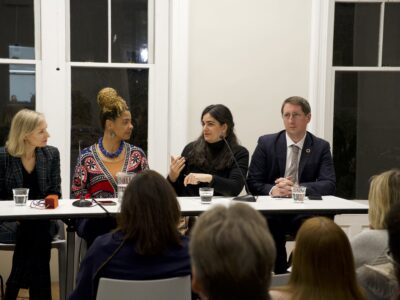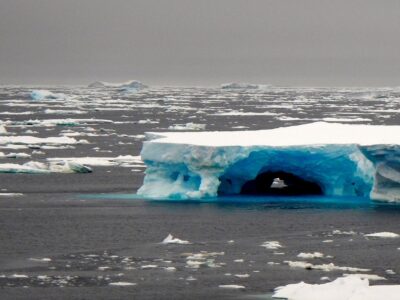More than half of the world’s population now lives in urban centers, many of them located in coastal or delta areas. Because of topography and population density, cities are disproportionately vulnerable to weather extremes like heat waves and flooding from storm surges.
Cities are increasingly turning to groups such as the Urban Climate Change Research Network (UCCRN) to share experiences and scholarly research on urban climate change. Dr. Cynthia Rosenzweig of NASA Goddard Institute for Space Studies and Columbia University’s Earth Institute, among the first scientists to focus on climate change in cities, is a founder of the Urban Climate Change Research Network (UCCRN).
According to Rosenzweig, “Cities already lead the action on responding to climate change. Our job is to help by providing the strongest possible physical, ecological, and social science information and state-of-the-art knowledge. Then cities can prepare for rising temperatures and changing patterns of extreme weather events, and soften their impacts when they hit.”
To do that, the UCCRN recently brought together 110 urban climate change experts, stakeholders and practitioners from Asia, Australia, Europe, Africa and the Americas. The group met at Columbia University for three days, from Sept. 17-19, to begin writing a report that will be a resource for guiding cities in their response to climate change. Co-editors of the report, besides Rosenzweig, include William Solecki of Hunter College of the City University of New York, Shagun Mehrotra of Milano at the New School, Shobhakar Dhakal of the Asian Institute of Technology, and Paty Romero-Lankao, of Urban Futures at the National Center for Atmospheric Research.
The Second UCCRN Assessment Report on Climate Change and Cities (ARC3-2) will be published in 2015 and will cover a range of issues, including urban health, food, water and energy systems, transportation, economics and private finance, and governance.
This will be the Urban Climate Change Research Network’s second major assessment report. City mayors praised the first, published in 2011, as a practical, action-oriented resource. The First Assessment Report on Climate Change and Cities (ARC3) can be accessed at www.uccrn.org/publications.

Julia Eiferman is ARC3-2 workshop coordinator for the Urban Climate Change Research Network.






Here in Delhi, we have seen lots of change in climate for last couple of years. It is not a good for us. Thanks for the share.